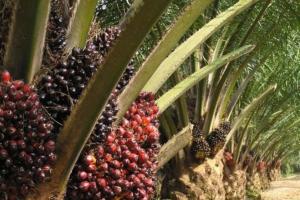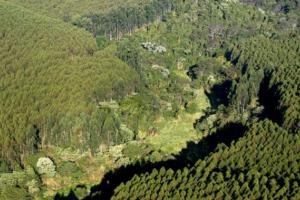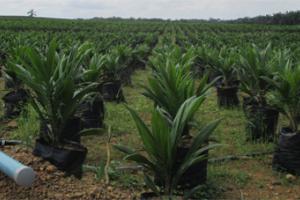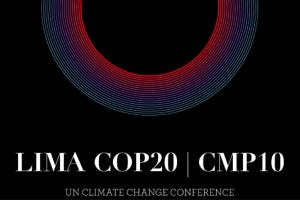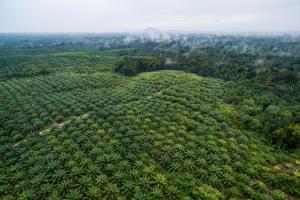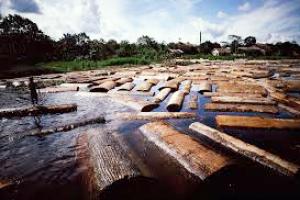The Ecuadorian environmental defence organization YASunidos has joined with Acción Ecológica and the indigenous pastorate of Chimborazo to file a legal action to protect the rights of nature of the Tangabana páramo – rights that are enshrined in the Constitution of Ecuador – in relation to a vast plantation of pine trees established in 2013 in the fragile evergreen forest and parámo grassland ecosystems of Pallo-Tangabana, in the Andes high mountains.
Large-Scale Tree Plantations
Industrial tree plantations are large-scale, intensively managed, even-aged monocultures, involving vast areas of fertile land under the control of plantation companies. Management of plantations involves the use of huge amounts of water as well as agrochemicals—which harm humans, and plants and animals in the plantations and surrounding areas.
Other information
21 December 2014
Bulletin articles
9 December 2014
While Malaysia and Indonesia produce over 85% of the world’s palm oil, India is its largest importer. To boost palm cultivation, the Ministry of Agriculture introduced a Special Program on “Oil Palm Area Expansion” in 2011-12 aimed at increasing oil palm production in the 12 states from 50,000 to 300,000 metric tons in the next five. This plantations expansion falls within the government’s New Land Use Policy (NLUP) to wean farmers away from their traditional practice of subsistence farming.
Bulletin articles
9 December 2014
Other information
9 December 2014
Bulletin articles
9 December 2014
On 31 July 2014, the ‘Forestry Master Plan’ (FMP) was issued by Thailand’s Internal Security Operations Command and the Ministry of Natural Resources and Environment. There was no consultation with the public or civil society before the drafting of this plan, nor was there any kind of referendum or public consultation after the plan was finalized.
Bulletin articles
9 December 2014
8 December 2014
The United Nations Framework Convention on Climate Change (UNFCCC) entered into force in 1994, aimed at reducing greenhouse gas concentrations in the atmosphere. The Conference of the Parties (COP) was designated as the supreme governing body of the Convention.
To date, 195 countries have submitted their instruments of ratification. These countries meet once a year, during two weeks, in order to evaluate the application of the Convention and develop the negotiation process between the Parties in front of new commitments.
Bulletin articles
31 October 2014
This year, 2014, seems to have reached a new ‘record’ of international declarations in which the signatories commit to drastically reducing, or even halting, deforestation. It is noteworthy that all of them are supported by large transnational corporations linked to the tree plantations for pulp and paper industry and the oil palm plantations industrial processing, as well as institutions linked to financial capital. Besides, some NGOs are also always involved.
Bulletin articles
31 October 2014
Other information
31 October 2014
Other information
31 October 2014
Local communities affected by the oil palm plantations from the Société des Palmeraies du Cameroun (SOCAPALM) are waging an all-out battle to defend their rights, which are being trampled on with impunity. This giant agro-industrial palm oil production company, controlled by the Bolloré Group, has planted vast plantations in the coastal, central and southern regions of the country. Moreover, Bolloré also owns SOCFIN, the company responsible for destruction of villages and human rights violations in Nigeria.
Other information
31 October 2014
Despite the fancy PR campaigns of Asia’s giant agribusiness group Wilmar praising itself for its “No Deforestation” policy, the company continues to purchase palm oil from suppliers that continue to clearcut vast forests and peatlands. Wilmar's business outside the PR department appears to be largely unaffected by its "No Deforestation" policy.

